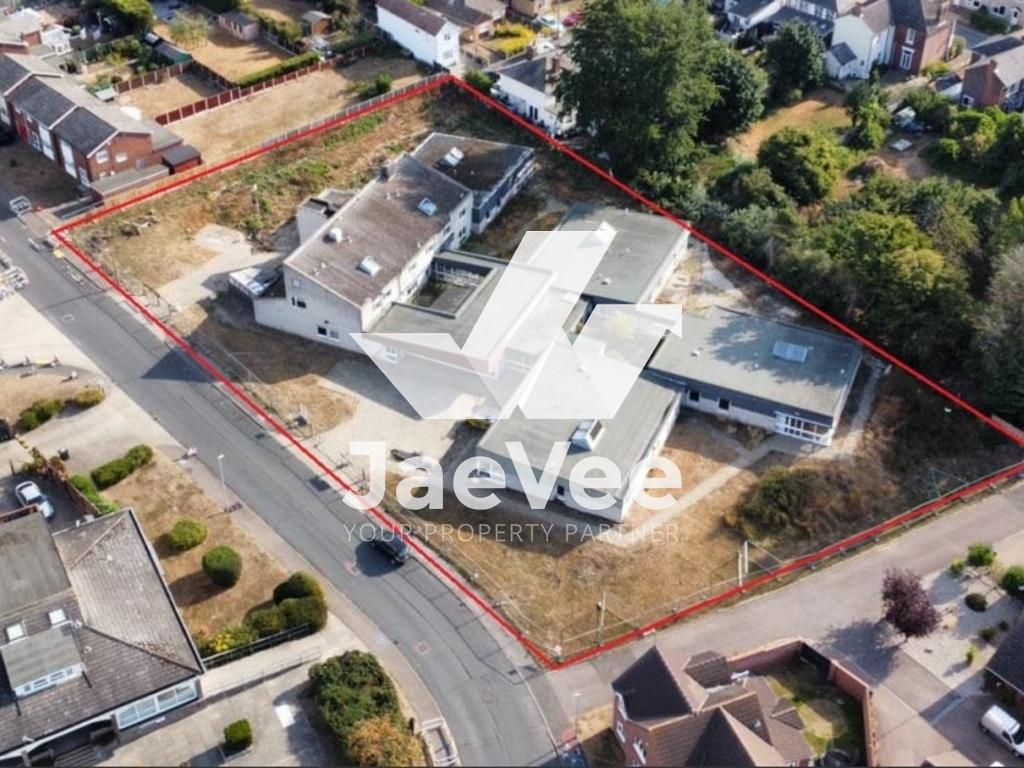With the first quarter of the year now behind us, last month brought a positive forecast as some of the uncertainty of the past 12 months is starting to ebb away. Thanks to the latest developments in the economy, the property market is looking brighter for the next few months as we move forward towards summer.
Inflation Set to Impact Mortgage Rates.
According to the Office for National Statistics, March saw the Consumer Price Index fall to 3.2%, taking the UK’s economy ever-closer to the target of 2% set by the government. This looks like good news for the property market, thanks to the influence it will have on mortgage rates.
The most up-to-date data from the Bank of England shows that the flurry of initial activity seen at the beginning of the year has now begun to calm. February saw a significant increase in the number of mortgage approvals as mortgage rate cuts prompted market activity. However in March, the number of agreed sales dropped to 2% above 2017-2019’s average, down from February’s 13% above.
Since mortgage rates now are almost back to the same level as seen in late December, it looks unlikely that the pace of activity seen so far this year will be maintained into the summer months.
Potential Action on Leasehold Maintenance Contracts.
Homeowners locked in private new-build communal area maintenance contracts have a glimmer of hope on the horizon as over 40 Conservative MPs call for a ban. As the Leasehold Bill slowly works through Parliament, the Housing Secretary is now under pressure to include a “Fleecehold” ban to help the millions of people living under this model and facing steep estate fees.
The CMA (Competition and Markets Authority) has also recently recommended bringing an end to this model too, putting forward a proposal that local councils be required to adopt new housing estate public amenities once complete. According to the housing minister, the government is now paying careful consideration to this report, which also suggests introducing a property agent regulatory body to address leasehold issues and raise standards across the industry.
With news of homeowners facing shocking increases as high as 274% in their annual service charge bills for 2024, the prospect of the some positive change in the status quo can only be cause for cautious celebration.
Potential Stamp Duty Cut on The Cards?
The Government is allegedly considering lowering stamp duty in the Autumn Statement as part of its bid!
A recent report in The Times suggests that the Treasury is considering moving the stamp duty threshold from £250,000 to £300,000. This would mean that nearly half of all people buying homes would have no stamp duty to pay, saving up to £2,500!
New stamp duty plans were rumoured to appear in the spring budget statement, however, plans were removed due to worries about fuelling inflation.
However, as inflation is now expected to fall, Government officials could now be reconsidering this as a “pre-election giveaway” to drum up support ahead of the general election.
A year is a long time in politics though, so it's important to understand that current stamp duty will remain in place until March 2025. Current fees mean that home purchases under £250,000 will not be subject to stamp duty, a 5% fee applies to homes from £250,001 to £925,000 5%, 10% for homes up to £1.5m and 12% for homes thereafter. This gives some certainty for homebuyers in the short term.
Watering Down of Renter Reform.
The news isn’t so good for renters, though, as the government set out changes to the planned protections in England for renters following concerns from a number of Conservative MPs that the original proposal would be too much of a burden for landlords.
The latest alterations include requiring tenants to commit to at least a 6-month contract rather than being able to end their tenancy with 2-months’ notice from day one and, most controversially, delaying the no-fault eviction ban on existing tenancies pending the outcome of the justice secretary’s assessment of the court system’s ability to handle repossession claims.
One positive proposed change, however, is the introduction of a right to local council homelessness support for tenants who find themselves evicted under the new grounds for possession.
While this watering down of the Renters (Reform) Bill is sure to be received negatively by those tenants who are aware of its existence, recent research published by the TDS Charitable Foundation shows that a surprising 83% of people who are currently living in a rental property lack any awareness of the Bill’s proposals. Of those who know about the proposed reforms, most are pessimistic about their ability to result in tangible changes. 42% believe the Bill will change little about the rental sector, while 37% believe it is unlikely to be implemented at all.
Good News for Landlords as Tenants Stay Longer.
While tenants may be less than thrilled with the latest developments in the property market, things are looking up for landlords as The DPS (The Deposit Protection Service) released its research that revealed tenants are staying in their properties for a third longer than in 2020.
Today’s typical tenancy is now lasting for 924 days, a significant increase over the 706 days seen four years ago. It appears that a combination of the cost-of-living crisis, high rents, and a competitive market for new rental properties are leading to renters remaining for longer periods in their homes.
In further positive news for landlords, Octane Capital reports that the typical buy-to-let property yield has now increased to 5.8%, up from 4.9% over the last two years, and while running costs have gone up over the same period, landlords are still enjoying attractive net profits overall. This report, paired with the proposed delay in the no-fault eviction ban, is likely to encourage existing landlords to remain in the market for the foreseeable future.
As we move further into the second quarter of the year, time will tell how the property market will develop. Traditionally, spring sees more homes being listed for sale, so we will wait with anticipation to see what May has in store!
About JaeVee
JaeVee joint ventures with experienced main contractors to bring residential schemes to life in the UK whilst helping to tackle the housing shortage problem. The structure of our model creates equity investment opportunities for investors into these projects, where investors enjoy the profits of a successful development without sacrificing their demands on control, protection and accessibility.
To see our latest projects available for property investment, please visit this link.
Diverse Property Development Investment Portfolio
Browse our diverse opportunities below, signup to view the full due diligence
and begin investing in your preferred developments.
Project Launch Webinars
This website is operated by the JaeVee Group of Companies. Webpages containing share offers will be hosted by the relevant Group Company that is issuing the shares, as identified on the relevant webpage. Webpages containing mezzanine debt offers will be hosted by JaeVee Holdings Ltd.
JaeVee is a trading name used by all companies within the JaeVee Group of Companies, including JaeVee Holdings Ltd. JaeVee Holdings Ltd is registered in England & Wales with company number 10172481. The registered office of the company is 3rd Floor 86-90, Paul Street, London, England, EC2A 4NE.
JaeVee Holdings Ltd (10172481) undertakes unregulated loan brokerage business that does not entail consumer credit or regulated mortgages. Arrangements by Group Companies to issue their own shares constitute unregulated business pursuant to Article 34 of the Financial Services and Markets Act 2000 (Regulated Activities) Order 2001 (RAO).
Information about investments is only available to investors who demonstrate that they qualify as high net worth individual investors or sophisticated investors or otherwise fall within categories of investor who can receive financial promotions from unregulated persons in accordance with the requirements of the Financial Services and Markets Act 2000 (Financial Promotion) Order 2005 (FPO). Property investing carries the risk of losing some or all of the capital invested. JaeVee does not provide investment advice and investors who are in doubt about whether investing is right for them should consider seeking advice from an appropriately qualified professional adviser.
JaeVee © 2025 • All rights reserved.







.jpg)
